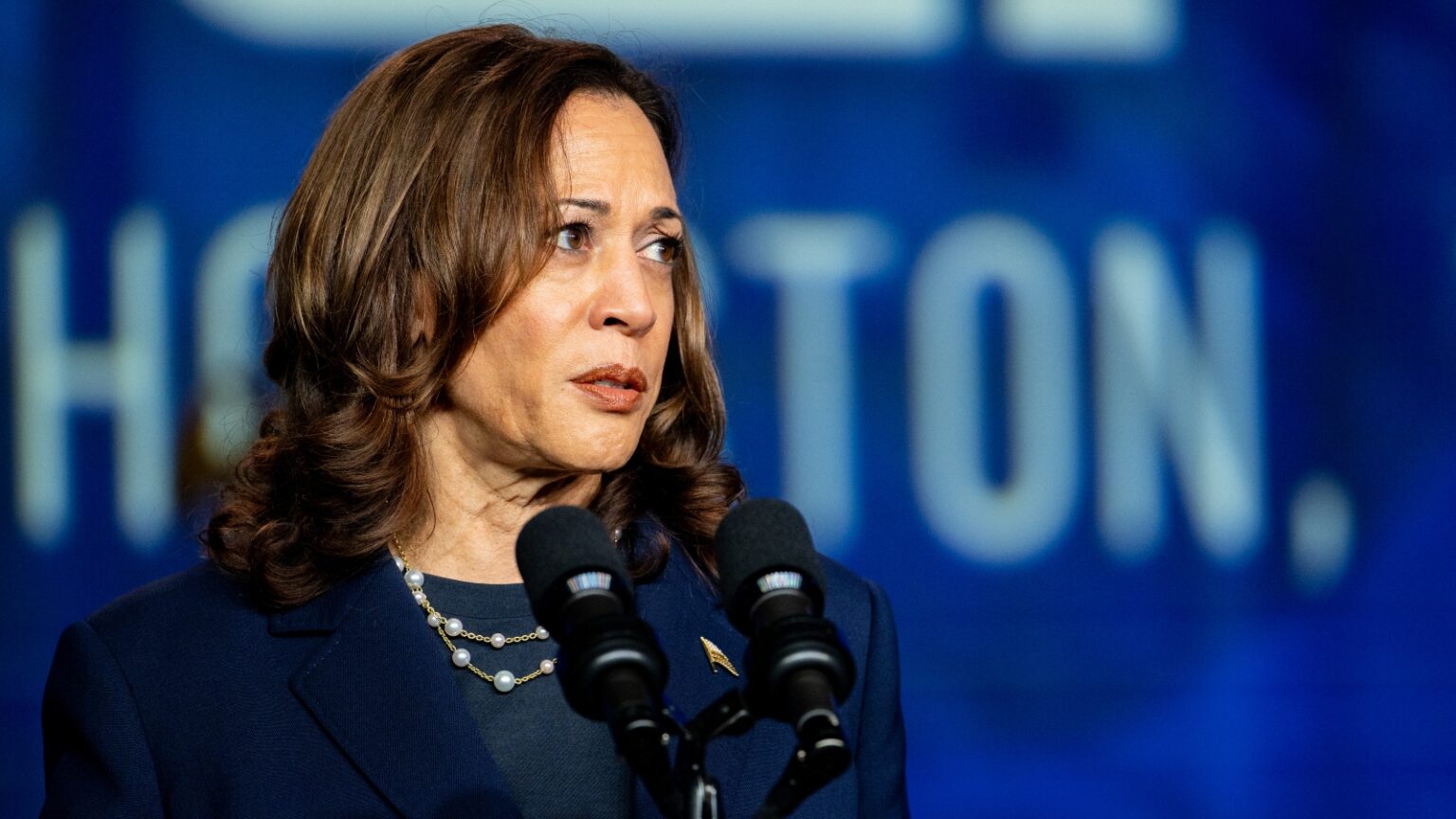Former presidential candidate Robert F. Kennedy Jr. continues to be a political asset to former President Donald Trump. After endorsing the Republican, the Kennedy family scion has made it his mission to pull his name from ballots across the country and rally his millions of supporters to back Trump. This relentless effort has borne fruit in North Carolina, where a crucial legal victory was handed to the Trump campaign.
The North Carolina Supreme Court, in a 4-3 ruling on Tuesday, decided in favor of Kennedy’s push to have his name removed from the November ballot. This ruling is significant for Trump, as it could deny Vice President Kamala Harris a rare chance to win a state that has consistently eluded Democrats since former President Barack Obama’s 2008 election victory. The decision also imposes significant costs on North Carolina officials, delaying the mailing of absentee ballots by about two weeks and adding over $1 million in additional expenses.
North Carolina’s High Stakes Decision
The court’s majority opinion explained that leaving Kennedy on the ballot “could disenfranchise countless voters who mistakenly believe that [he] remains a candidate for office.” Despite acknowledging the high cost of this decision to taxpayers and election officials, the justices argued that the ruling was necessary to “protect voters’ fundamental right to vote their conscience.”
Karen Brinson Bell, executive director of the North Carolina State Board of Elections, stated that 27 counties had already printed ballots with Kennedy’s name by the time he dropped out of the race on August 23rd. Nearly all of those counties had completed their ballot preparations. “We will continue to consult with counties and ballot vendors to determine the feasible start date for distributing absentee ballots statewide,” Bell said.
Mixed Legal Outcomes for RFK Jr.
While Kennedy secured a win in North Carolina, his attempt to withdraw from the Michigan ballot did not succeed. Michigan’s highest court ruled against Kennedy’s case, stating that he “neither pointed to any source of law that prescribes and defines a duty to withdraw a candidate’s name from the ballot nor demonstrated his clear legal right to performance of this specific duty.” As a result, Kennedy’s name will remain on Michigan’s November 5th ballot.
This contrasting outcome may have significant electoral implications. In Michigan, Harris holds a narrow one-point lead over Trump, while in North Carolina, Trump leads Harris by the same margin. Both states are pivotal battlegrounds in the race, and Kennedy’s absence from the North Carolina ballot may tip the scales further in Trump’s favor.
Harris Faces New Challenges
Vice President Kamala Harris, who took over from President Joe Biden after his withdrawal from the race, has shown stronger polling than Biden in many key states. However, her campaign is facing challenges, especially after a New York Times poll released on Monday showed her trailing Trump nationally by one percent. Political analysts are beginning to question whether Harris missed a strategic opportunity by not choosing Pennsylvania Governor Josh Shapiro as her running mate. Shapiro, a popular Democrat, faced antisemitic criticism from within his own party for not fully supporting restrictions on aid to Israel. Harris’ advisors have privately expressed concerns that backlash from her base played a role in her decision not to select a Jewish running mate.
As Kennedy’s influence continues to reshape the political landscape, particularly in battleground states like North Carolina and Michigan, Harris faces an increasingly difficult road ahead. With the stakes high and election day approaching, her campaign’s strategy will be tested as she battles both Trump and the shifting dynamics within her own party.
